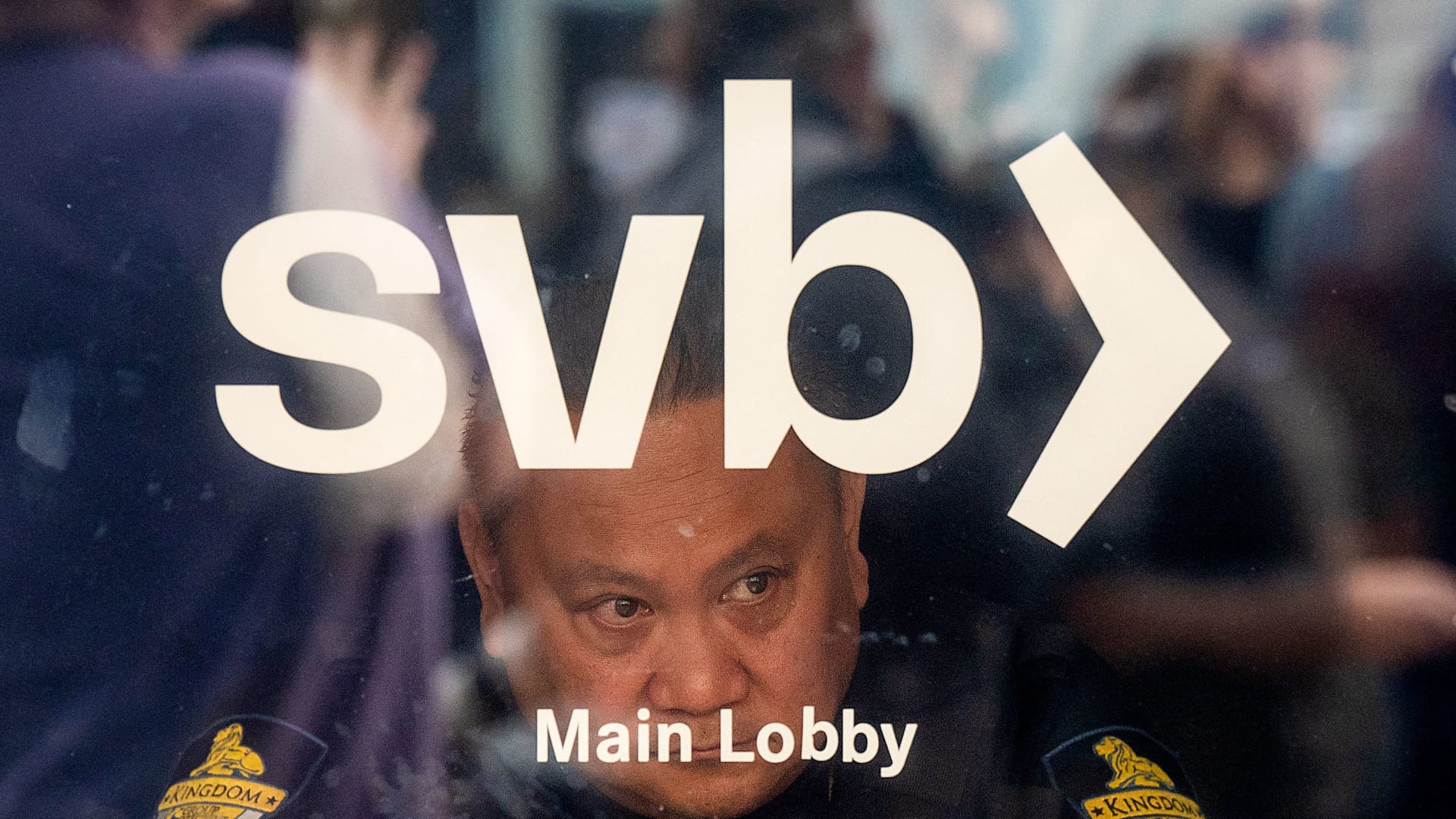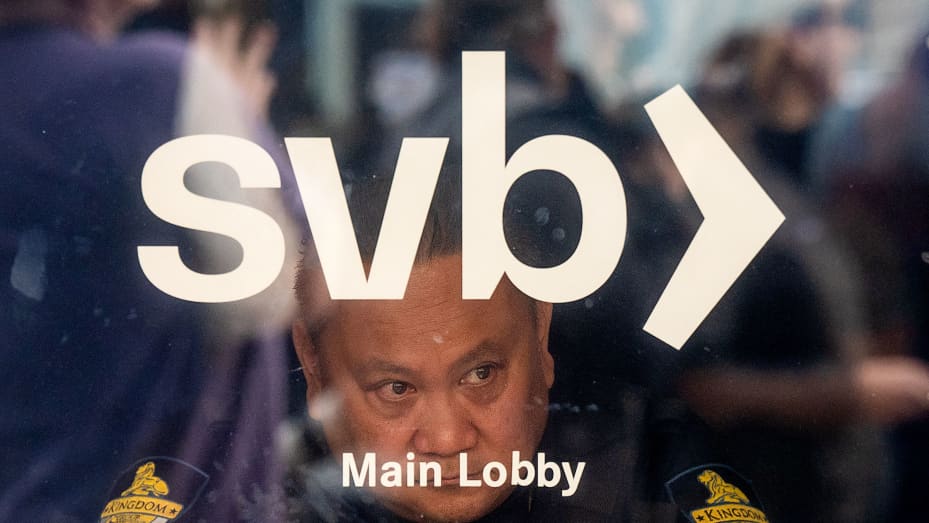Swiss authorities engineer a deal that will combine the country’s two largest banks

www.ft.com
UBS agrees to buy Credit Suisse for more than $2bn
Swiss authorities engineer a deal that will combine the country’s two largest banks
The all-share deal between Switzerland’s two biggest banks will be priced at a fraction of Credit Suisse’s closing price on Friday © AFP via Getty Images Arash Massoudi, Stephen Morris, James Fontanella-Khan, Laura Noonan and Owen Walker in London 58 MINUTES AGO
UBS has agreed to buy Credit Suisse after increasing its offer to more than $2bn, with Swiss authorities poised to change the country’s laws to bypass a shareholder vote as they rush to announce a deal before Monday.
The all-share deal between Switzerland’s two biggest banks is set to be announced as soon as Sunday evening and will be priced at a fraction of Credit Suisse’s closing price on Friday, all but wiping out the target’s shareholders, three people with direct knowledge of the situation said.
UBS will now pay more than SFr0.50 a share in its own stock, up from a bid of SFr0.25 earlier today worth around $1bn that was rejected by the Credit Suisse board, the people said. But the price remains far below Credit Suisse’s closing price of SFr1.86 on Friday
The Swiss National Bank has agreed to offer a $100bn liquidity line to UBS as part of the deal, according to two people familiar with the matter.
UBS has also agreed to a softening of a material adverse change clause that would void the deal if its credit default spreads jump, they added. The material adverse change clause applies for the period between the signing and closing of the deal, the people said.
There has been limited contact between the two lenders and the terms have been heavily influenced by the Swiss National Bank and regulator Finma, the people said. The US Federal Reserve has given its assent to the deal, they added.
However, some of the people criticised the plans to circumvent normal corporate governance rules by preventing a UBS shareholder vote.
Vincent Kaufmann, chief executive of Ethos Foundation, which represents Swiss pension funds that own between 3 per cent and 5 per cent of Credit Suisse and UBS, told the Financial Times that the move to bypass a shareholder vote on the deal was poor corporate governance.
“I can’t believe our members and UBS shareholders will be happy about this,” he said. “I have never seen such measures taken; it shows how bad the situation is.”
Both sides have been locked in discussions with regulators since Wednesday, when Credit Suisse asked the SNB to provide it with an emergency SFr50bn ($54bn) credit line.
When this backstop failed to arrest a fall in its share price and stop panicked clients from withdrawing their money, the central bank stepped in to force a merger after becoming concerned about the viability of the country’s second-largest lender.
Deposit outflows from Credit Suisse topped SFr10bn a day late last week, the FT has reported. Customers withdrew SFr111bn from the group in the final three months of last year.
On Saturday night, the Swiss cabinet assembled in the finance ministry in Bern for a series of presentations from government officials, the SNB, Finma and representatives of the banking sector.
The government is preparing emergency measures to fast-track the takeover and plans to introduce legislation that will bypass the normal six-week consultation period required for UBS shareholders so the deal can be sealed immediately, the people said.
The framework of the deal has been designed by Swiss regulators to provide maximum stability to the country’s banking system, people briefed about the matter said. Swiss authorities have already secured preapproval from relevant regulators in the US and Europe, which are expected to issue co-ordinated statements today.
UBS will dramatically shrink Credit Suisse’s investment bank, so that the combined entity will make up no more than a third of the merged group, two of the people said.
Negotiators have given Credit Suisse the code name Cedar and UBS is referred to as Ulmus, according to people briefed on the matter.
As part of the deal, the FT earlier reported that UBS was seeking concessions and protections from the government, particularly from any pending legal cases and regulatory investigations into Credit Suisse that could result in fines or losses. However, it is unlikely it will get indemnity from any losses on assets, one of the people involved said.
UBS also wants to be allowed to phase in any extra demands it would face under global rules on capital that govern the world’s biggest banks.
The deal with UBS comes just months after the Saudi National Bank and the Qatar Investment Authority injected close to SFr3bn into Credit Suisse as part of a SFr4bn capital raise. They are the bank’s two largest shareholders and jointly own 17 per cent of the stock.
The SNB, UBS, Credit Suisse and Finma declined to comment.
 great way of framing it, thats how you know it's really bad.
great way of framing it, thats how you know it's really bad.
 great way of framing it, thats how you know it's really bad.
great way of framing it, thats how you know it's really bad.




 www.ft.com
www.ft.com

